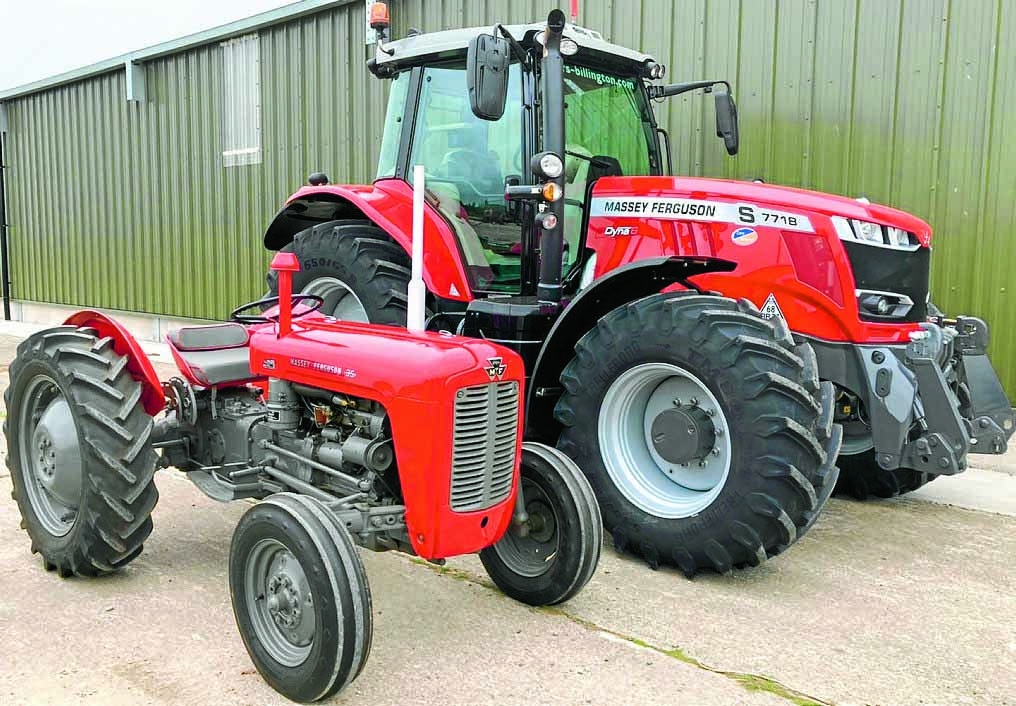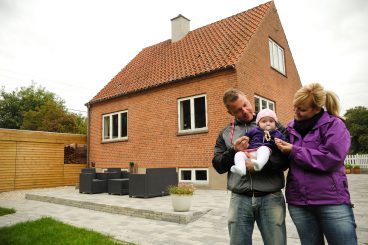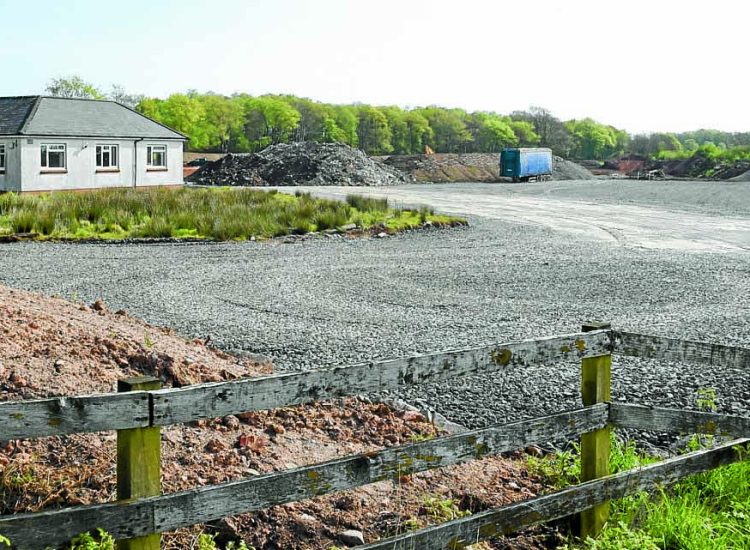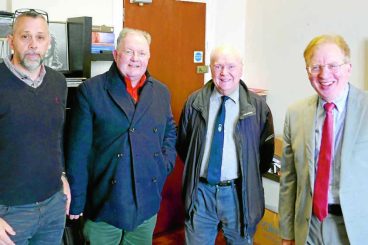FARMWORKERS in 19th century Dumfries and Galloway attempted to set up a trade union style organisation.
And The Friends of the Archives of Dumfries and Galloway heard more about their efforts in a talk last week from their secretary, and author, Ian Gasse.
He explained about the work to establish Farm Servants’ Protection Societies – or as they were more commonly known, Ploughmen’s Associations – in order to improve pay and working conditions.
The movement began in Midlothian in 1865, and spread to other agricultural areas of Scotland, stretching to South-West Scotland by early 1866. The first report of a meeting to establish one of the societies locally was in April 1866 in Stranraer and attracted between 200-300 farmworkers.
Over the next ten months the movement spread east across Wigtownshire, into Kirkcudbrightshire and Dumfriesshire – including Penpont, Dunscore, Holywood and Dumfries itself, and to Lochmaben.
“The conditions in which farmworkers had to live at this period were decidedly grim,” said Mr Gasse, and he quoted novelist James Barke, who in his 1939 novel The Land of the Leal, said of farmworkers in Galloway in the 1860s: “The people had no life. Their best hours were given to the labour of the land. When their work was over they retired to their cot-houses–miserable one-roomed boxes and there partook of their porridge or gruel and crawled into bed or threw themselves down on a bunch of straw or hay in a corner.”
Most farmers refused to negotiate with farmworkers who were members of any “unions” and an attempt to inspire the workers to stand out for higher wages – at a large meeting in the Mechanics’ Hall in Dumfries in February 1867 – was simply resisted by the farmers, causing the movement to falter. Reports of farmworkers’ meetings are much reduced thereafter, but some of the societies, as at Kirkbean, Kirkmichael and Tinwald, persisted as “friendly societies”, providing support for sickness and unemployment.
Farmers responded by trying to impose a system of farm servants’ certificates at the hiring fairs – through which workers were rated as first, second or third class in tasks like mowing, ploughing or stacking. Fortunately for the workers, this was even resisted by some farmers themselves.
Although the movement failed in its overall aims, a Scotland-wide farmworkers’ union, the Ploughmen’s Federal Union, was set up in the 1890s with branches in Dumfries and Galloway.





















